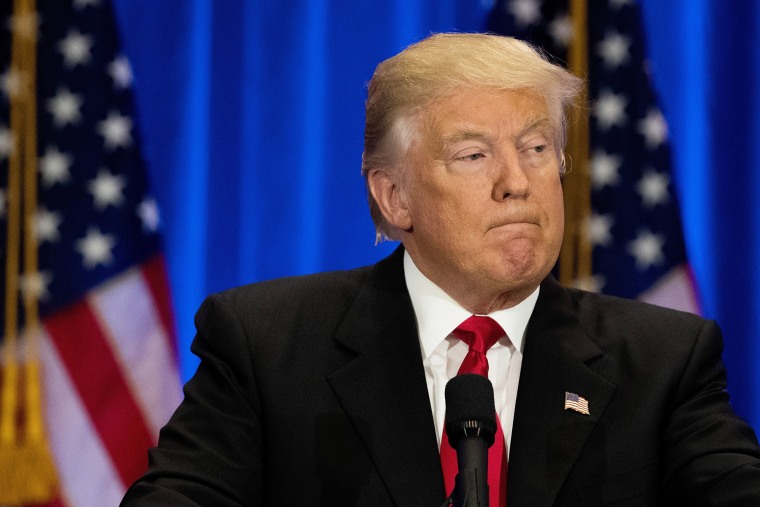A federal judge has ordered a hearing for July 7 in a lawsuit brought by a Virginia Republican who says a state law requiring him to vote for Donald Trump is unconstitutional.
It's the latest legal front in efforts to stop Trump at the Republican Convention.
Federal District Court Judge Robert Payne of Richmond is moving quickly, ordering lawyers on both sides to respond to questions he raised Tuesday. While the pace is driven partly by the July 18 opening of the Republican National Convention, it also suggests that the judge is receptive to the claim.
The lawsuit was filed by Carroll Correll, a northern Virginia Republican chosen as a delegate to the national convention, on behalf of himself and the state's other Republican delegates. He believes that "Donald Trump is unfit to serve as President of the United States" and that voting for Trump would violate his conscience, according to court filings.
Related: Could Delegate's New Lawsuit Derail Trump's Nomination?
Correll is challenging a Virginia law that makes it a crime for national party delegates to vote for anyone on the first ballot other than the candidate who won in the state primary or convention.
"The First Amendment to the United States Constitution guarantees delegates to a political party's national convention the right to vote their conscience," he argues in court papers. "Virginia law strips them of that right."
The U.S. Supreme Court has twice ruled against states laws that sought to force the seating of delegates at national party conventions or to require that they be bound to vote in accordance with state primary outcomes.
Correll also argues that Virginia's interest in protecting the integrity of its own electoral process is not compromised by the nominating process used by a national political party.
Virginia officials have yet to respond to the lawsuit.
Roughly 20 states have similar laws requiring delegates to conform to the results of a primary election or state convention.
If the judge rules in favor of Correll, state officials could file an immediate appeal, hoping to get the issue resolved before the convention begins.

